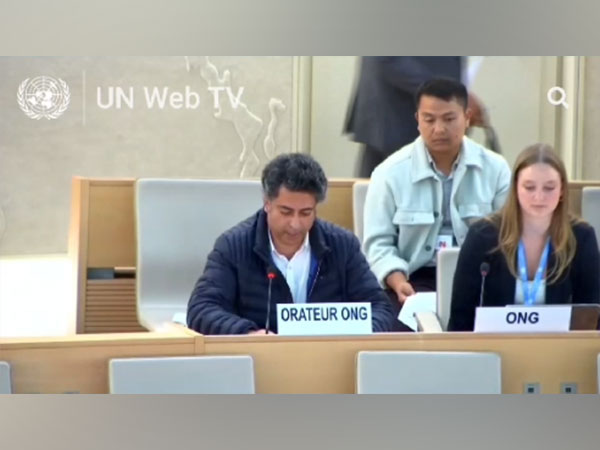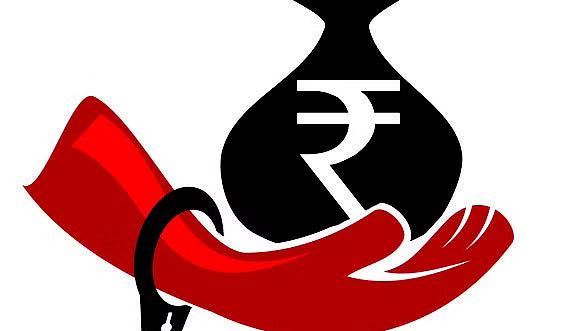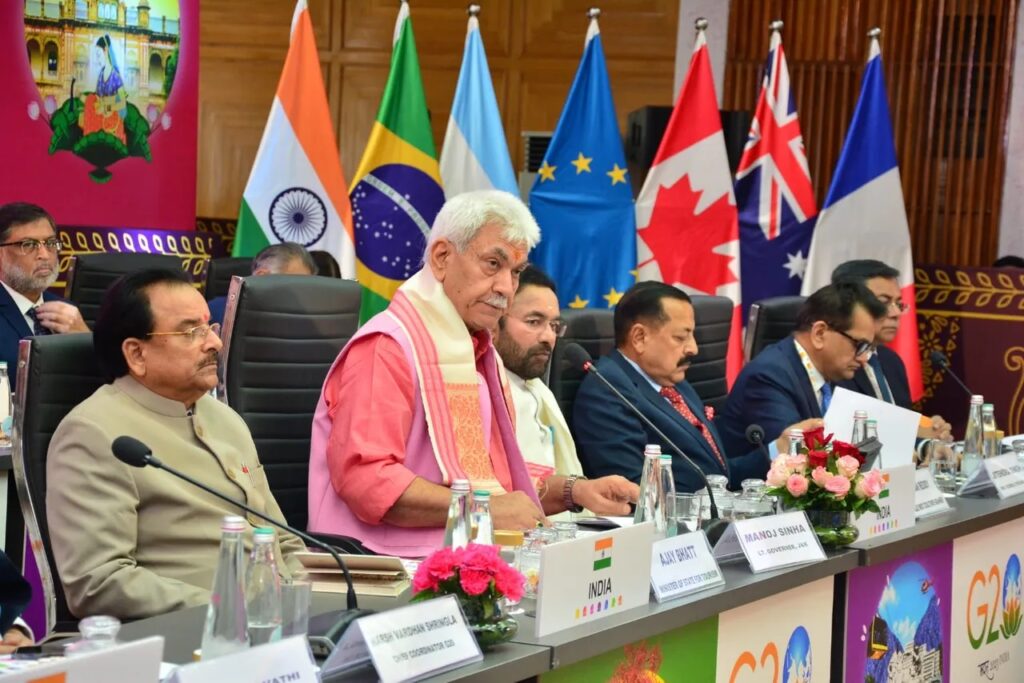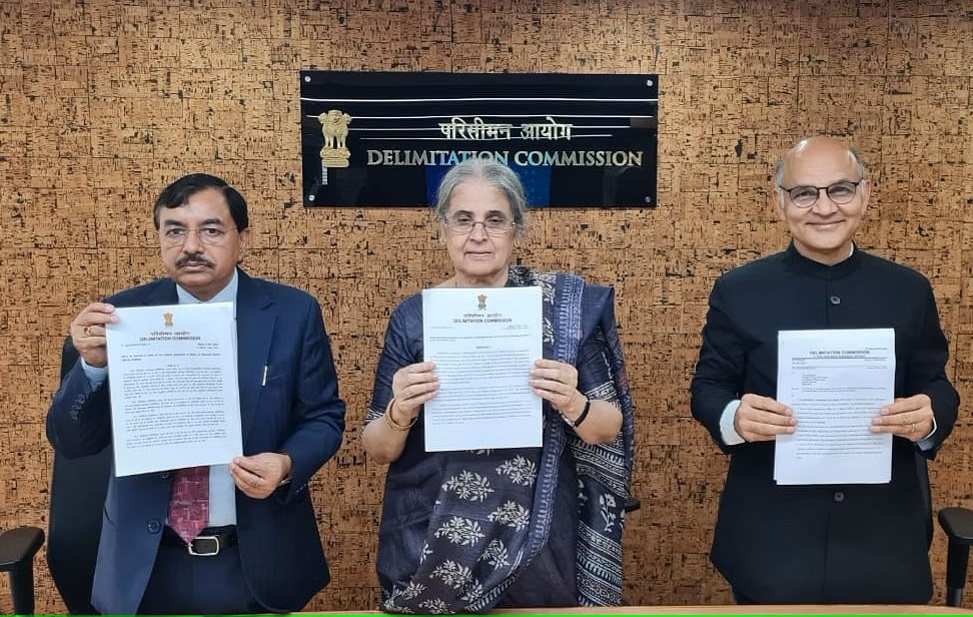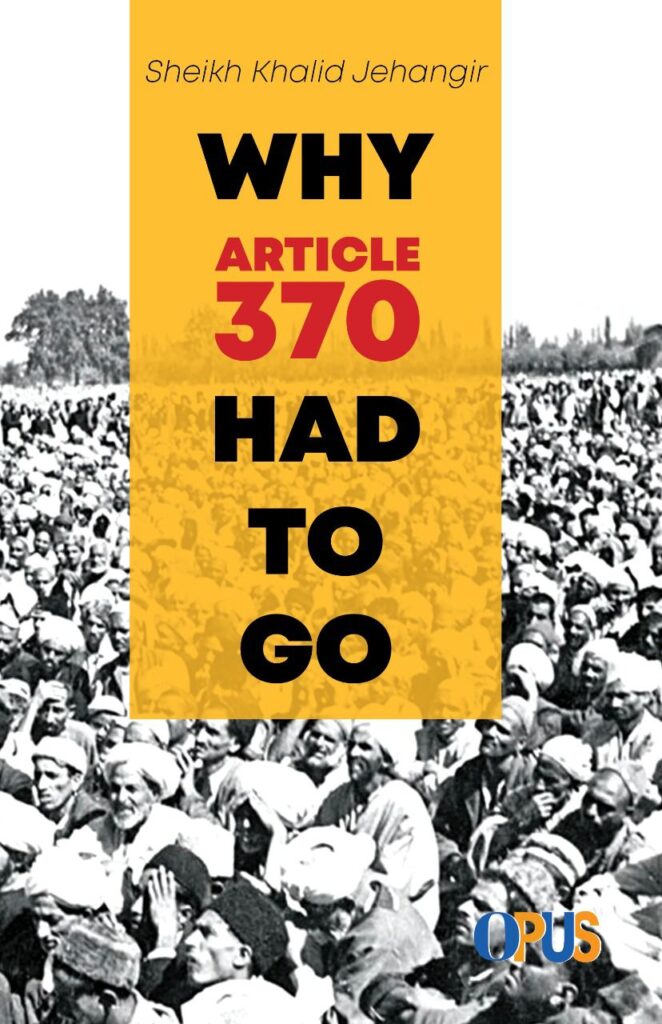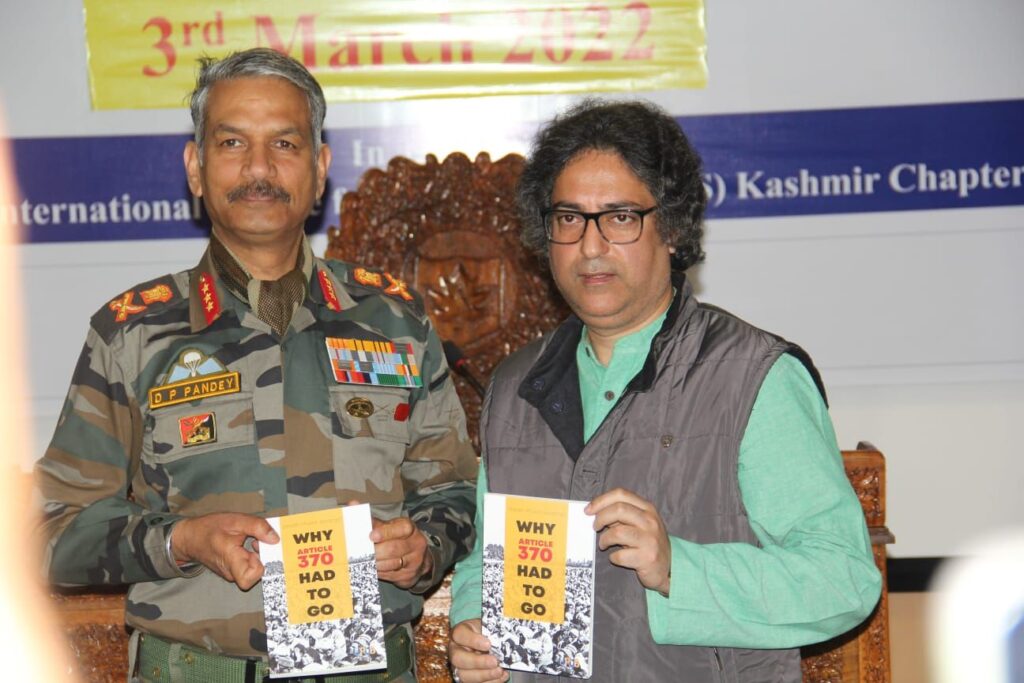J&K needs honest politicians, conflict profiteers stand exposed
New Delhi must recognize that the fight against terrorism and insurgency in Jammu and Kashmir cannot be won only by honest officers alone
Jammu and Kashmir has been a focal point of conflict and unrest for decades. Pakistan-sponsored insurgency erupted in 1990, plunging the region into a state of chaos and violence. In this tumultuous environment, the political class of Kashmir seized an opportunity to manipulate the situation for their monetary gains, while the common people suffered the most.
As the insurgency in J&K escalated, the region’s political class quickly recognized the potential to exploit the situation for their personal gains. They positioned themselves to wield power and increase their wealth at the expense of the suffering masses.
While the conflict wreaked havoc in the lives of ordinary Kashmiris, the elite politicians were seemingly untouched by the turmoil. These politicians had no qualms about sending their own children to foreign countries, where they enjoyed the luxuries of life, far removed from the violence and uncertainty that plagued their homeland. This stark contrast between the privileged class and the common people is an alarming example of the disparities that arose during the conflict.
The manipulation and exploitation carried out by the political elite of Kashmir and how they fooled intelligence agencies of various countries for their financial interests is an “open secret” known to everyone.
One of the most egregious aspects of this exploitation was the manipulation of the youth. On one hand, the children of the political class were shielded from the horrors of the insurgency, living a life of luxury abroad, while on the other hand, the children of poor Kashmiriswere pushed into taking up arms and engaging in activities like stone-pelting.
The political class actively instigated the youth to join the ranks of insurgents, providing them with a sense of purpose and, in some cases, financial incentives. This not only perpetuated the cycle of violence but also further divided the society. The common Kashmiri youth, misled by false promises and manipulated sentiments, became the pawns in a dangerous game orchestrated by the political elite.
The economic disparities in Kashmir during this tumultuous period were staggering. While the children of the political class spent dollars in foreign countries, purchasing luxury goods and enjoying a comfortable life, the average Kashmiri struggled to secure two square meals a day. The wealth and prosperity of a select few stood in stark contrast to the abject poverty and suffering of the masses.
These disparities only served to deepen the resentment and discontent among the people of Kashmir. The perception that the political class was exploiting their suffering for personal gain fueled anger and disillusionment, making it even harder to find a peaceful solution to the ongoing conflict.
The conflict in Jammu and Kashmir is not solely an internal issue; it has long been a battleground for proxy warfare involving Pakistan, and international intelligence agencies. The cunning manipulation of the political elite in Kashmir played a significant role in this geopolitical chess game.
The ability of the Kashmiri political class to deceive intelligence agencies from various countries, presenting a façade of being on the side of peace and stability while covertly benefiting from the turmoil, is a testament to their deceit. These politicians exploited the global attention and involvement in the region to further their personal interests, all while maintaining a public image of being committed to the well-being of their people.
After the revocation of Article 370 and J&K’s transition into a Union Territory on August 5, 2019, the region has witnessed peace, prosperity and development. J&K during the past four and half years has shown it to the country that it can compete with any region. It has the potential to emerge as a top performing Union Territory in India. But a few stray incidents like recent killing of a policeman, a father to seven daughters, by terrorists in North Kashmir’s Baramulla area is grim reminder of the fact that people of Kashmir are still being killed by the small bullets sent by Pakistan while the beneficiaries of the conflict are still enjoying privileges like Z-security cover.
New Delhi must recognize that the fight against terrorism and insurgency in Jammu and Kashmir cannot be won only by honest officers alone. It necessitates the active involvement of an upright and honest political class that genuinely cares about the welfare of the people of Kashmir and is committed to ending terrorism and violence.
It is essential to break the cycle of manipulation and exploitation that has persisted for decades. The first step in this process is to bring about a political transformation in the region. The current political class that has thrived on the conflict and its associated benefits must be held accountable for their actions and replaced with leaders who prioritize peace and prosperity for the region.
The intelligence agencies that have been deceived by the Kashmiri political class must also play a role in rectifying the situation. They should conduct a thorough review of their engagement with these politicians, recognizing the extent to which they have been manipulated and deceived.
To bring about meaningful change in Jammu and Kashmir, it is imperative to empower the common Kashmiri and give them a stake in the peace process. This can be achieved by ensuring that the youth have access to quality education, employment opportunities, and avenues for constructive engagement. Addressing economic disparities and providing a sense of hope for the future is crucial.
Additionally, efforts should be made to engage with civil society organizations and local leaders who have the welfare of the people at heart. These groups can play a pivotal role in bridging the divide and building a more inclusive and peaceful society.
The exploitation of the conflict in Jammu and Kashmir by the political class for monetary gains is a disturbing chapter in the region’s history. To bring about lasting peace in the region, it is imperative that the political landscape undergoes a transformation. New Delhineeds to recognize the manipulation carried out by the Kashmiri political class and actively work toward a more inclusive and accountable system.
The writer writes on Politics, Defense and Strategic affairs and is presently heading International Centre for Peace Studies (ICPS), New Delhi. He has authored many books on Kashmir.
Article Source: https://www.greaterkashmir.com/op-ed-2/jk-needs-honest-politicians-conflict-profiteers-stand-exposed/
J&K needs honest politicians, conflict profiteers stand exposed Read More »


